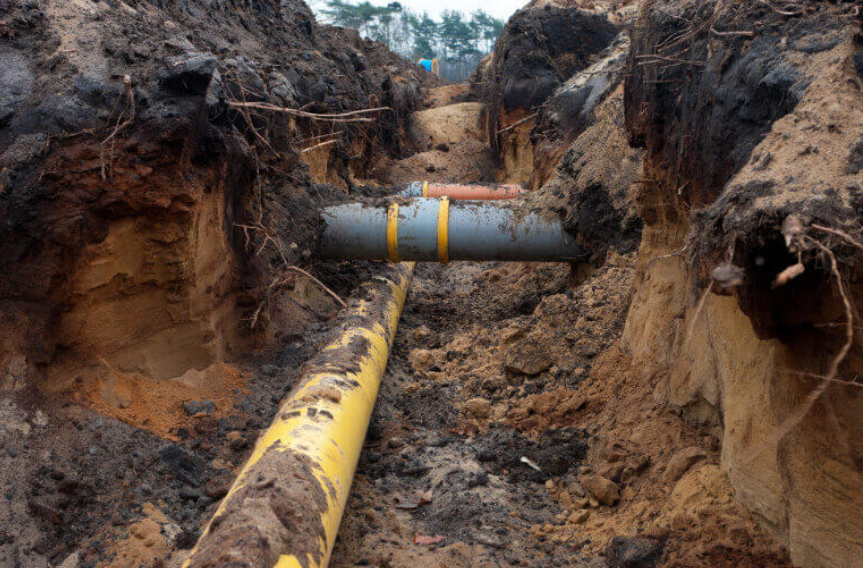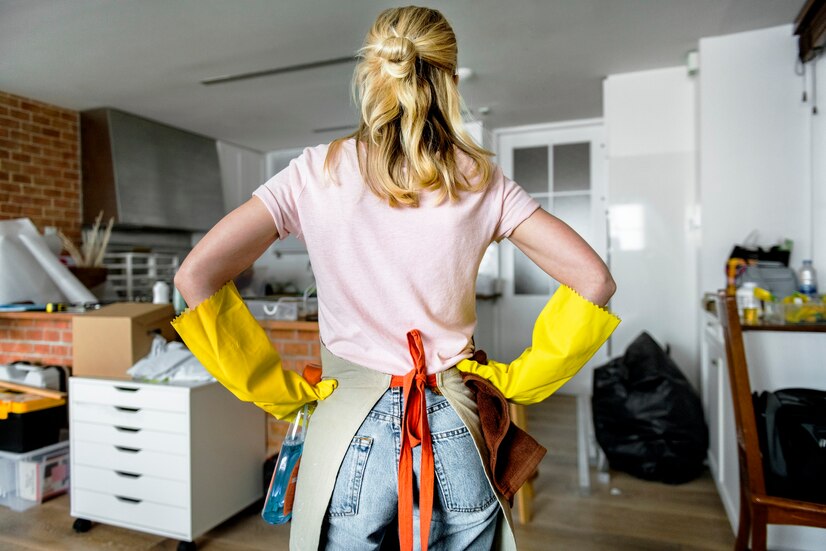A collapsed drain can be a nightmare for homeowners, causing disruptions in daily life and potentially leading to expensive repairs. Understanding the causes of a collapsed drain and recognising the signs can help you take timely action to prevent further damage. Here’s what you need to know about collapsed drains.
Causes of a Collapsed Drain

Many factors can cause a drain to collapse:
Age and deterioration: As pipes age, they can weaken and deteriorate, making them susceptible to collapse.
Tree roots: Roots can grow into the pipes through small cracks or joints, causing blockages and exerting pressure on the pipe walls and causing them to collapse.
Ground movement: Soil erosion and changes in ground conditions can cause shifts and movements that put stress on drain pipes. If the ground shifts significantly, it can cause pipes to crack, buckle or collapse altogether.
Heavy machinery or construction work: During construction or excavation projects near your property, there is a risk of accidentally damaging drain pipes.
How to recognise whether a drain has collapsed
Slow drainage: If you find that your toilets, sinks or showers are draining slower than usual, it could be an indicator of a collapsed drain.
Foul odours: A collapsed drain can result in unpleasant smells emanating from your drains. This odour is often caused by trapped wastewater or sewage that cannot properly flow away.
Gurgling sounds: When wastewater struggles to pass through a collapsed drain, it can create gurgling or bubbling sounds in your pipes. If you hear these noises, it’s a sign that there may be an obstruction or damage within the drainage system. Homeowners are responsible for repairing drains inside the boundary of their property.

Damp patches: A collapsed drain can cause water to pool in your yard, creating damp patches or even sinkholes. For repairs and drain lining Oldbury call on an expert such as Wilkinson Environmental.
Recognising these signs is crucial for the early detection of a collapsed drain. If you notice any of these indicators, it’s important to consult a professional plumber or drainage specialist as soon as possible.



